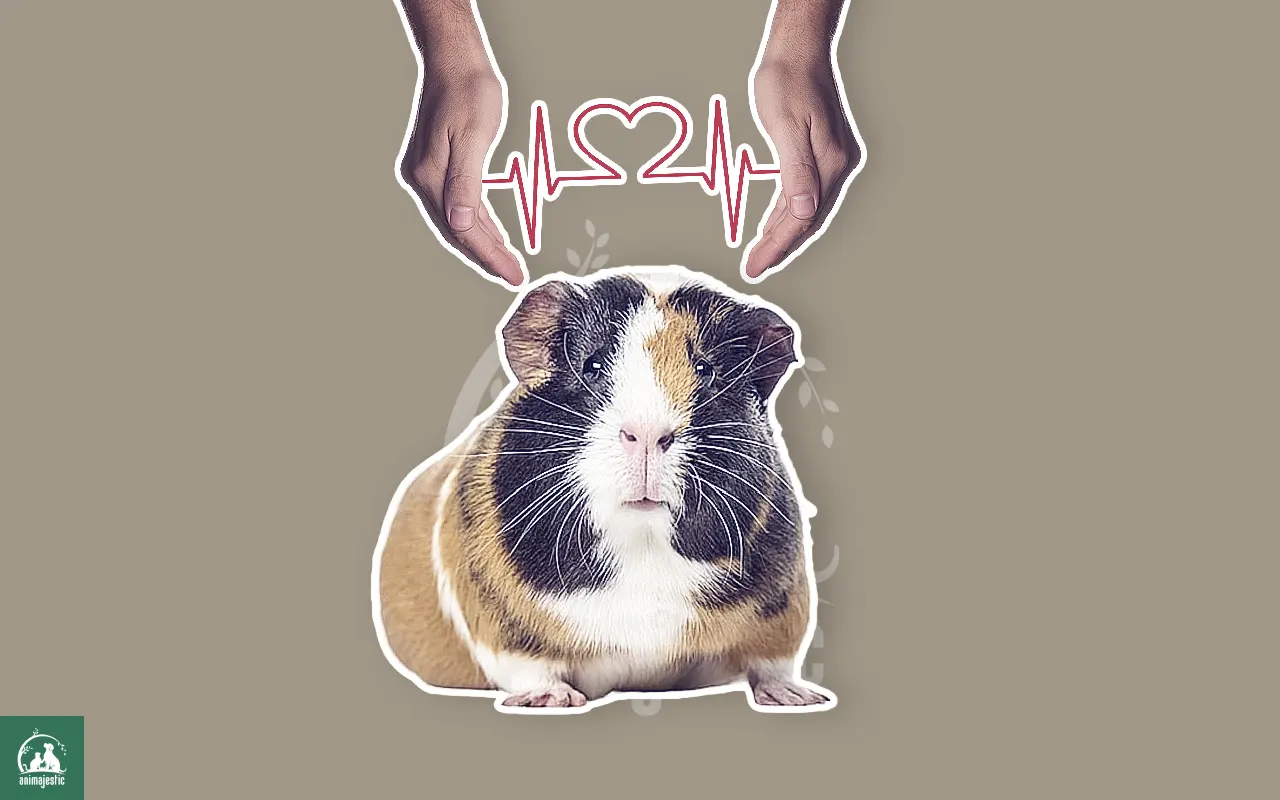With their gentle nature and heart-melting squeaks, guinea pigs have secured a special place in our homes and our hearts. These petite pets are an excellent choice for animal lovers, but it’s critical to be aware of the common health issues these cavies are prone to.
Understanding these potential problems, and knowing how to prevent them, is the key to ensuring your guinea pig lives a happy, healthy life.
Most of us are familiar with common pets like dogs and cats, but guinea pigs are becoming increasingly popular for their docile nature, minimal space requirements, and overall charm. Still, they are susceptible to various health issues, many of which can be prevented with simple knowledge and good hygiene practices.
So, sit back, grab your dear pet gently if they’re willing, and get ready to get into the Common Health Issues in Guinea Pigs and some Prevention Tips.
Your adventure starts right here, right now!
Common Health Issues in Guinea Pigs + Prevention Tips.
Respiratory Infections
Similar to humans, guinea pigs are not immune to the common cold. A runny nose, sneezing, difficulty breathing – these are signs that your furry friend may indeed have a respiratory infection. One common culprit is the bacterium Bordetella bronchiseptica, which can be harmful if left untreated.
Prevention Tip: An ounce of prevention is worth a pound of cure! Keep your guinea pig’s habitat clean and cozy, making sure to replace soiled bedding promptly. This helps keep the bacterial population down and creates a healthier environment for your pet.
Dental Diseases
With their constantly growing teeth, guinea pigs rely heavily on their diet to help maintain oral health. Without the right balance of hard and soft foods, teeth can overgrow and cause a condition called malocclusion, wherein the teeth become misaligned and eating becomes a painful chore.
Prevention Tip: Balance is key. Make sure your guinea pig’s diet is rich in fresh hay, which aids in natural dental wear. The fibrous content of hay is not just good for dental health but also aids in maintaining the overall digestive health of your pet.
Vitamin C Deficiency (Also Known as Scurvy)
Unlike most mammals, guinea pigs cannot produce their own Vitamin C. A deficiency in this essential nutrient can lead to a condition known as scurvy, which can cause lethargy, weight loss, and even joint issues.
Prevention Tip: Fresh fruits and vegetables rich in Vitamin C – think bell peppers, strawberries, and kiwi – should be a consistent part of your guinea pig’s diet.
Parasitic Infestations
Mites and lice are a common problem with guinea pigs and can cause severe skin irritation, hair loss, and even infections if left untreated.
Prevention Tip: Regular grooming sessions are not just a great way to bond with your pet, but they also allow for early detection of these pesky parasites.
Urinary Tract Problems
Calcium-rich diets can lead to the development of bladder stones in guinea pigs. Symptoms may include changes in peeing habits, blood in the urine, or signs of discomfort when urinating.
Prevention Tip: Always provide fresh water and make sure to regularly clean your guinea pig’s bedding. Less calcium in the diet can also help prevent stone formation.
Digestive Disorders
Guinea pigs are strict herbivores and have delicate digestive system. An improper diet can disrupt this balance, leading to diarrhea or constipation, bloating, and loss of appetite.
Prevention Tip: A balanced diet for a guinea pig should be predominantly hay, with some fresh fruits, vegetables, and a small portion of high-quality, pellet-based guinea pig food.
Conclusion
Health is a fundamental aspect of pet care. As an owner, your responsibility includes being aware of these common ailments and taking the necessary preventive measures. And remember, at the first sign of any unusual behavior or symptoms, don’t hesitate to contact a vet. Here’s to a healthy, happy pet!
